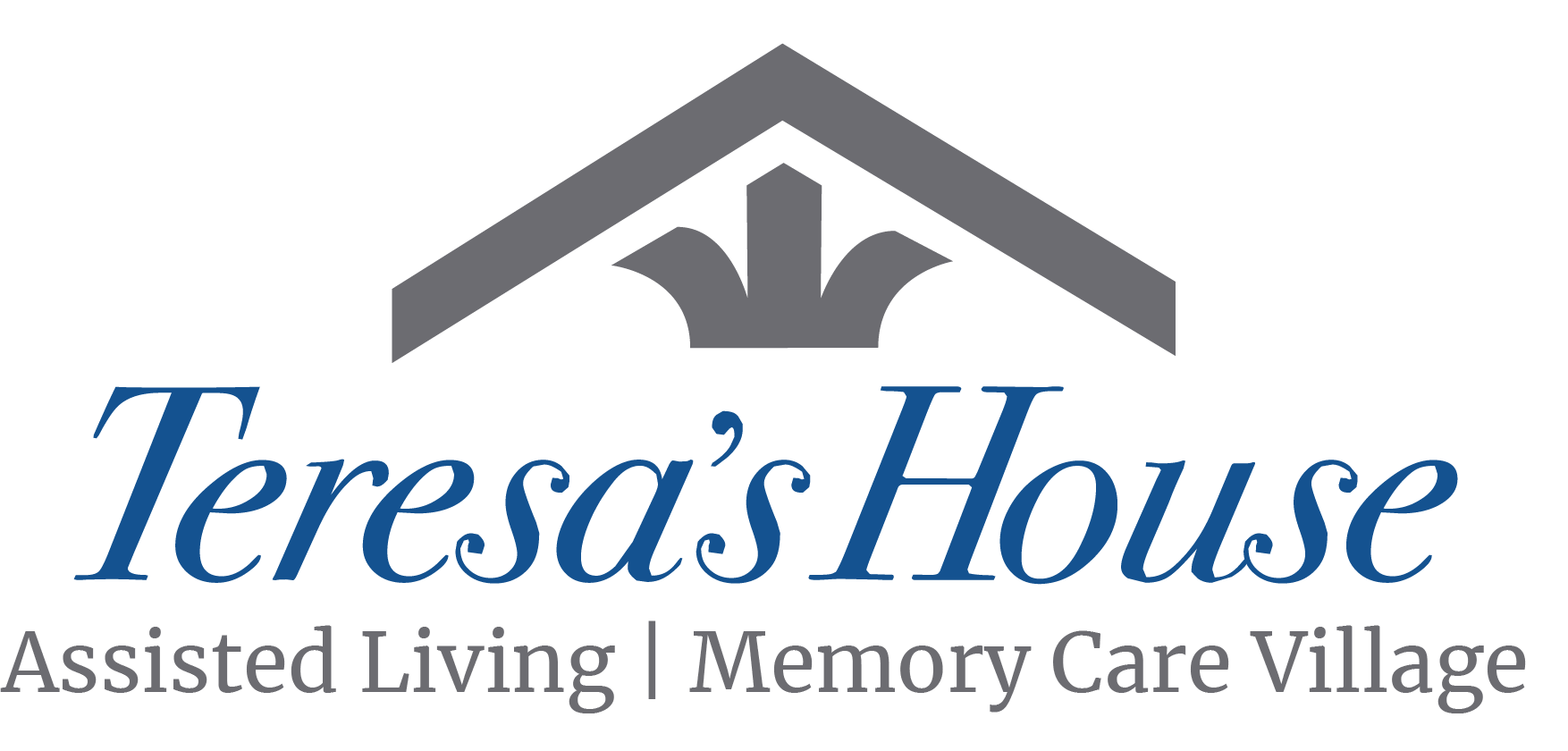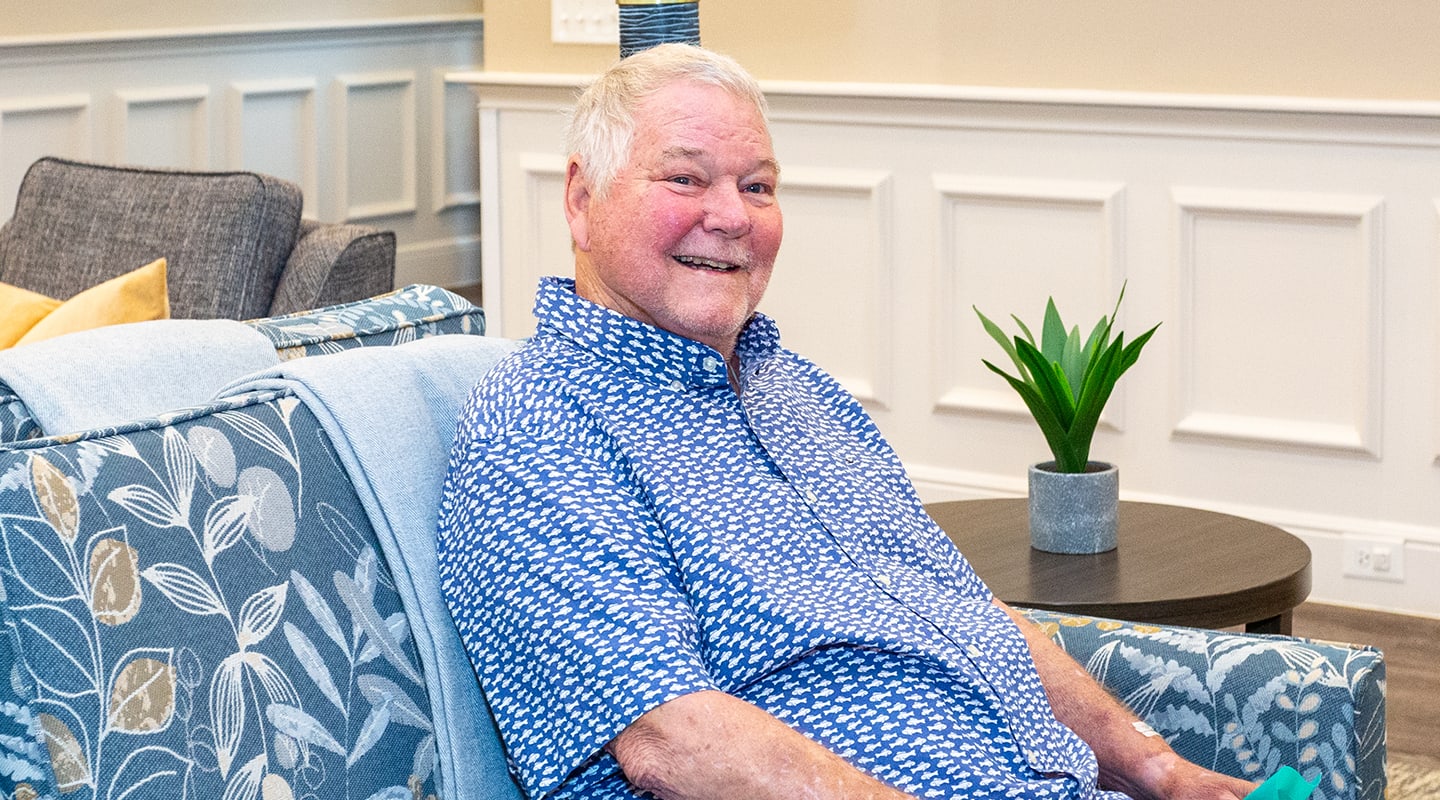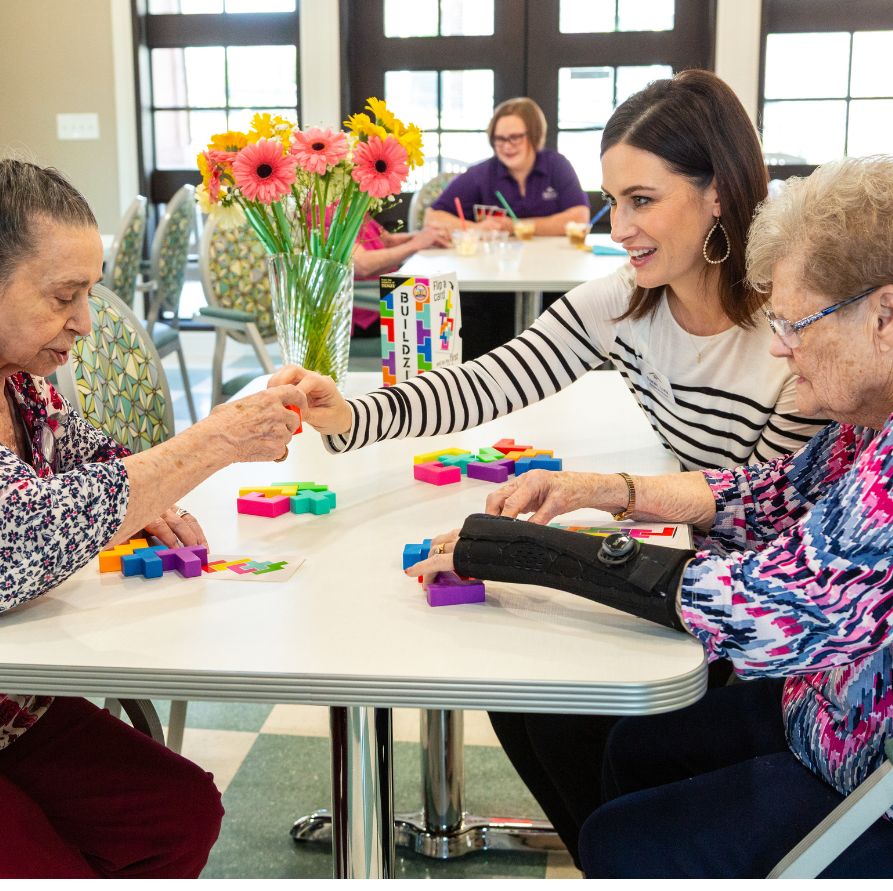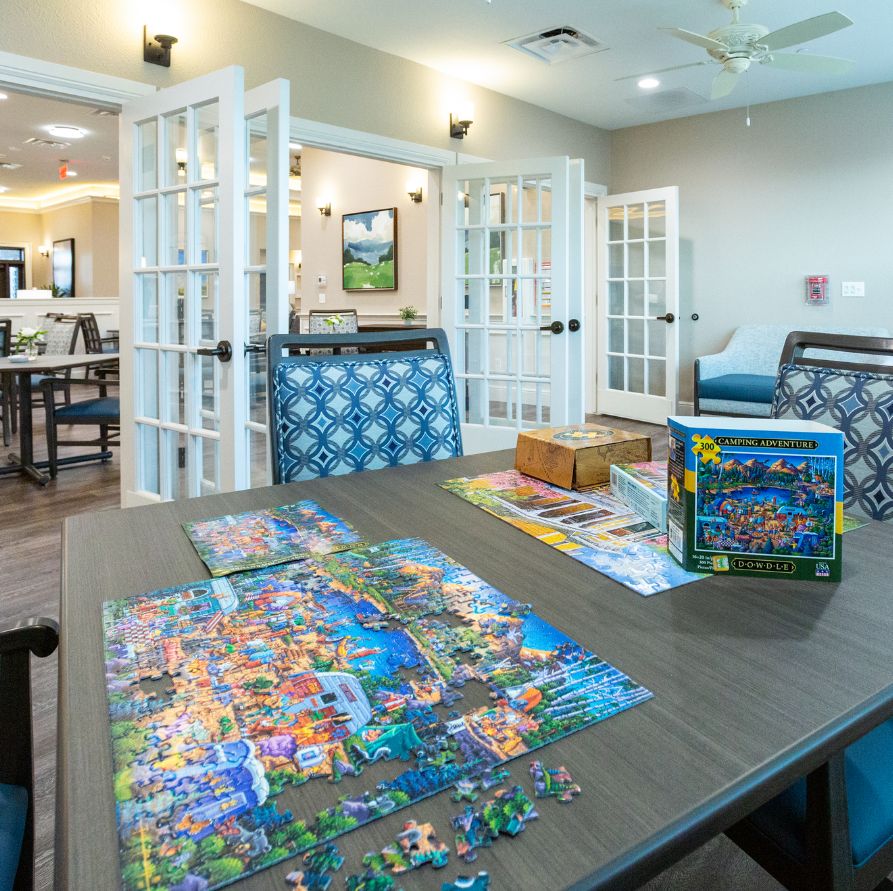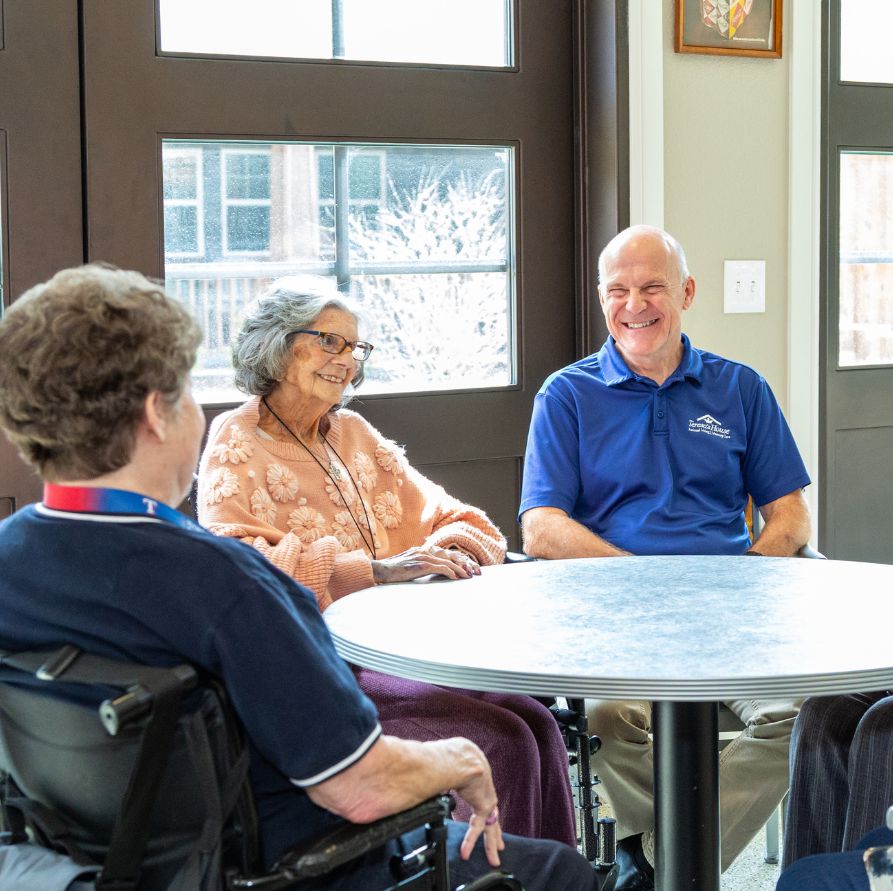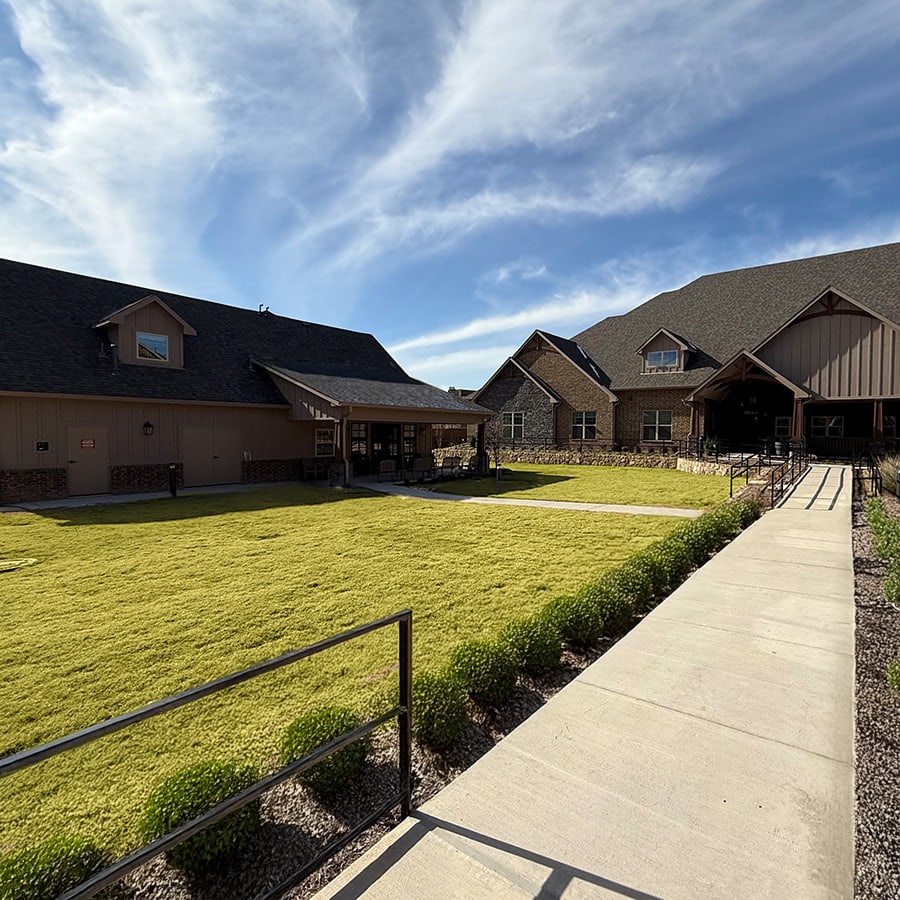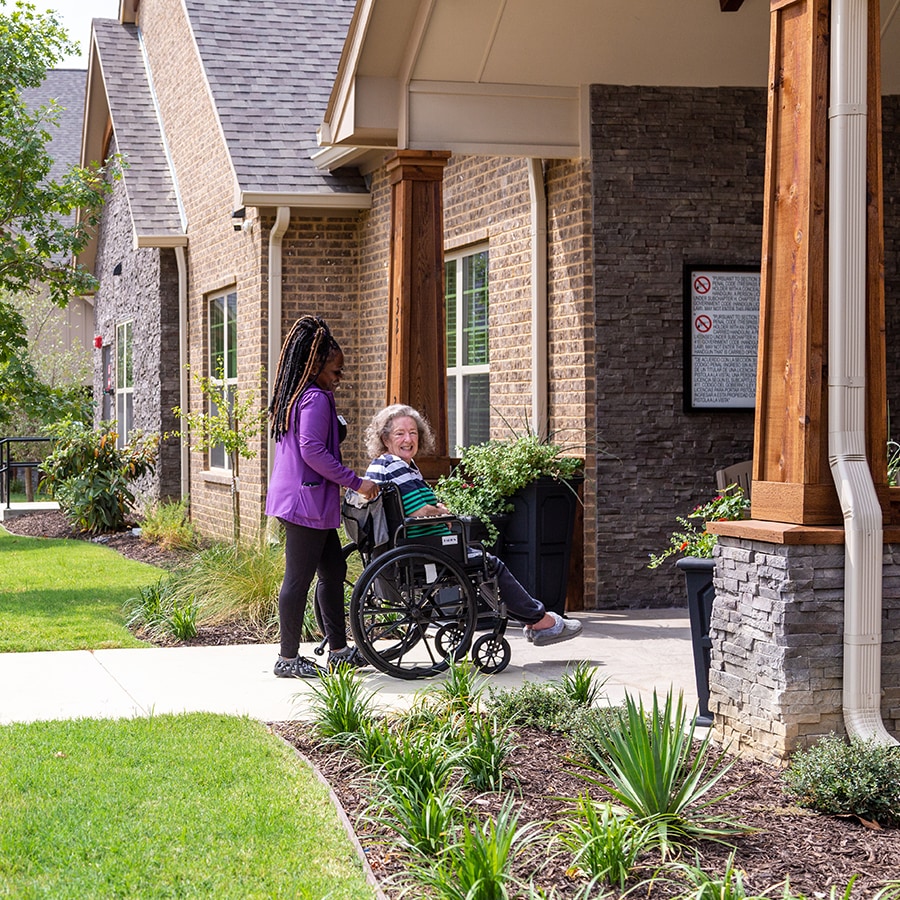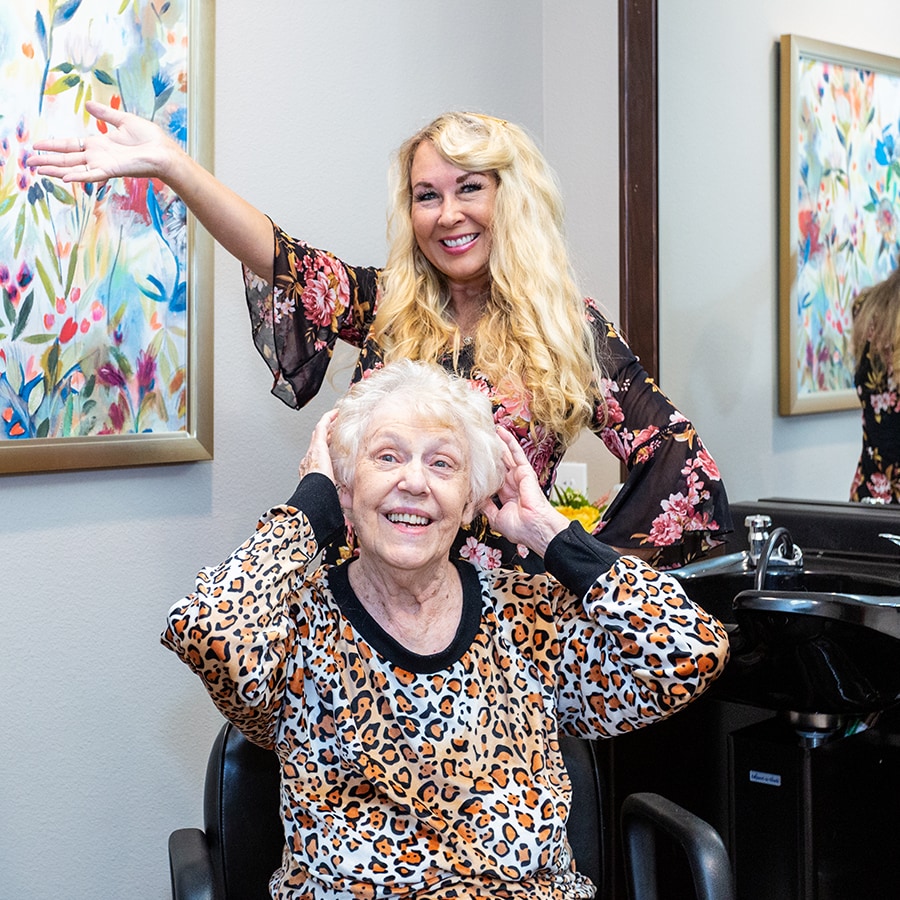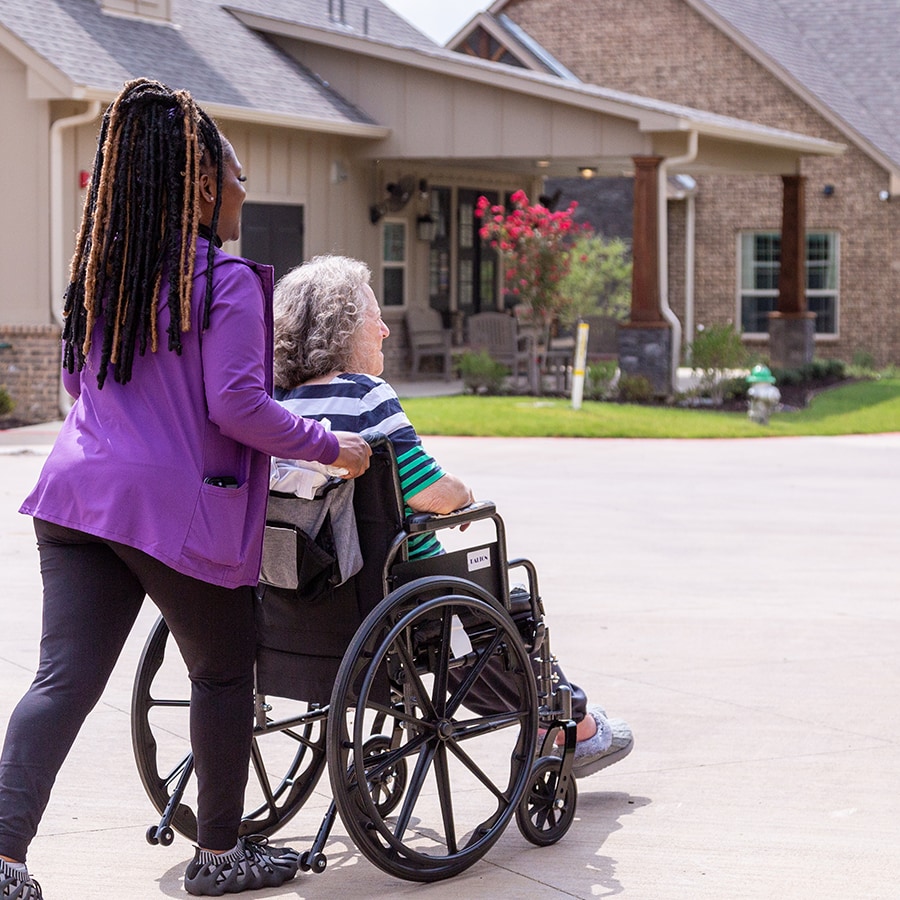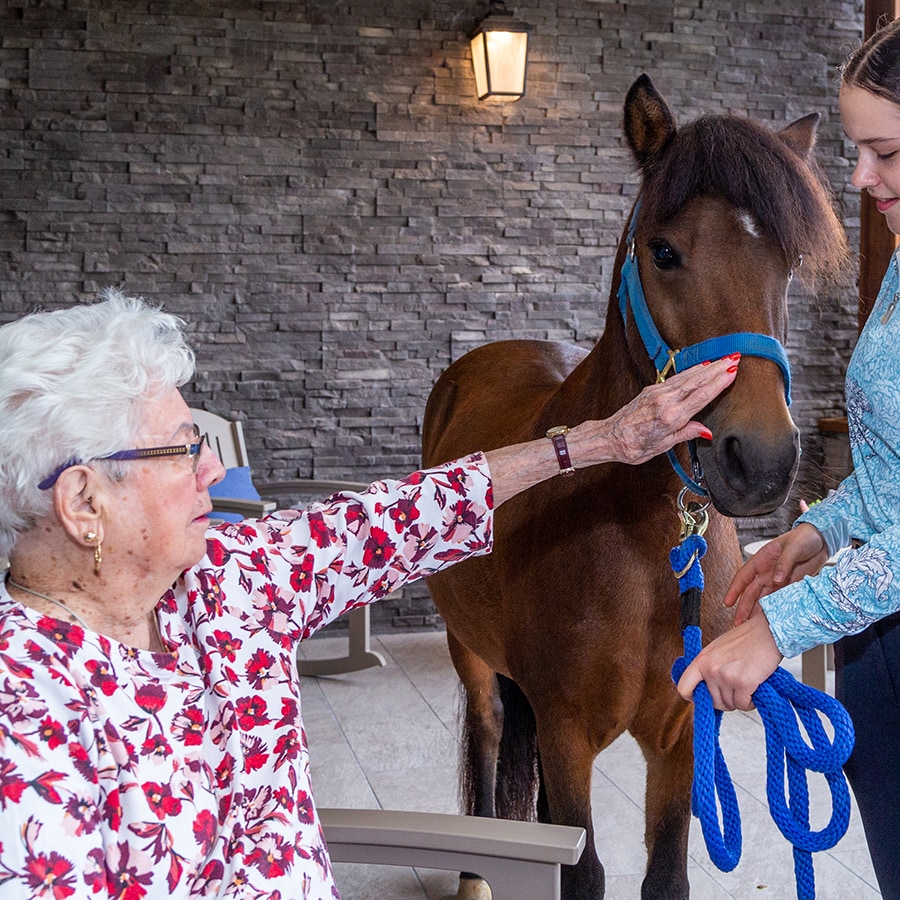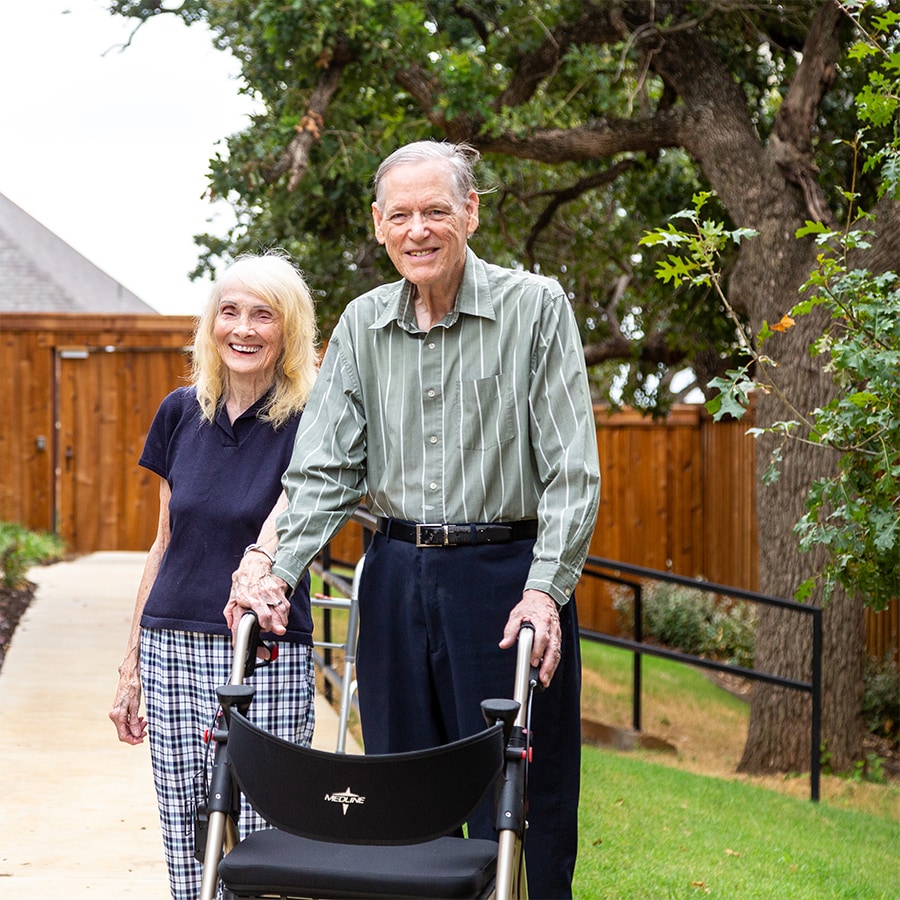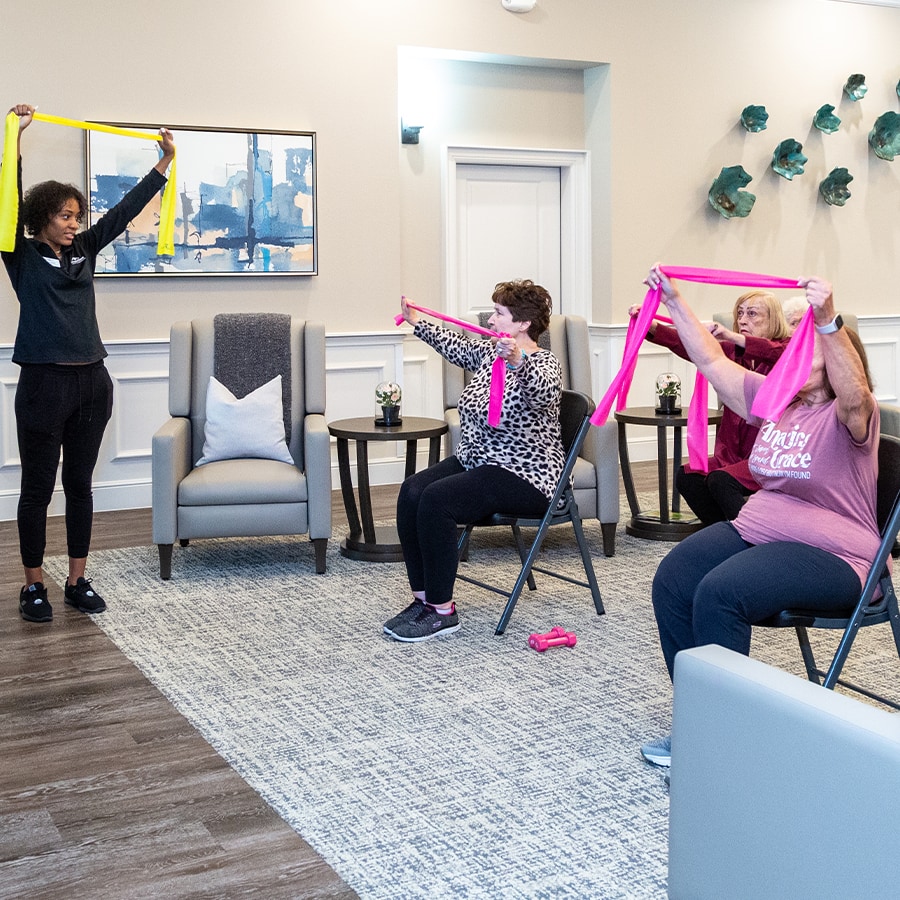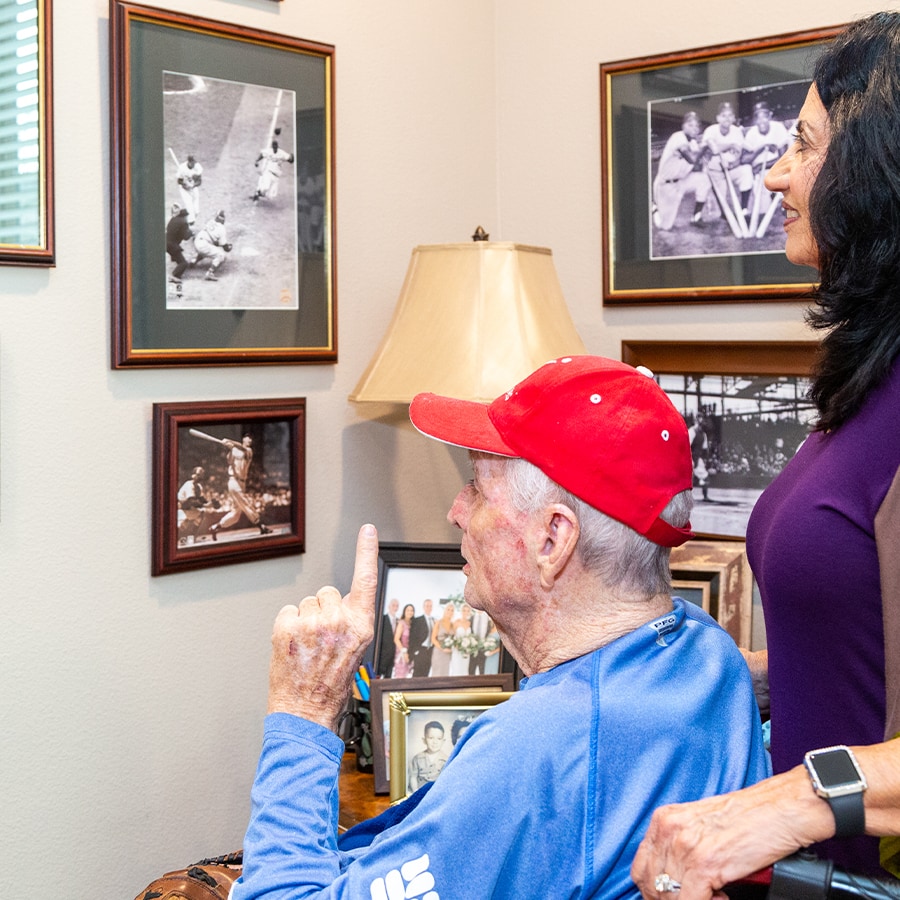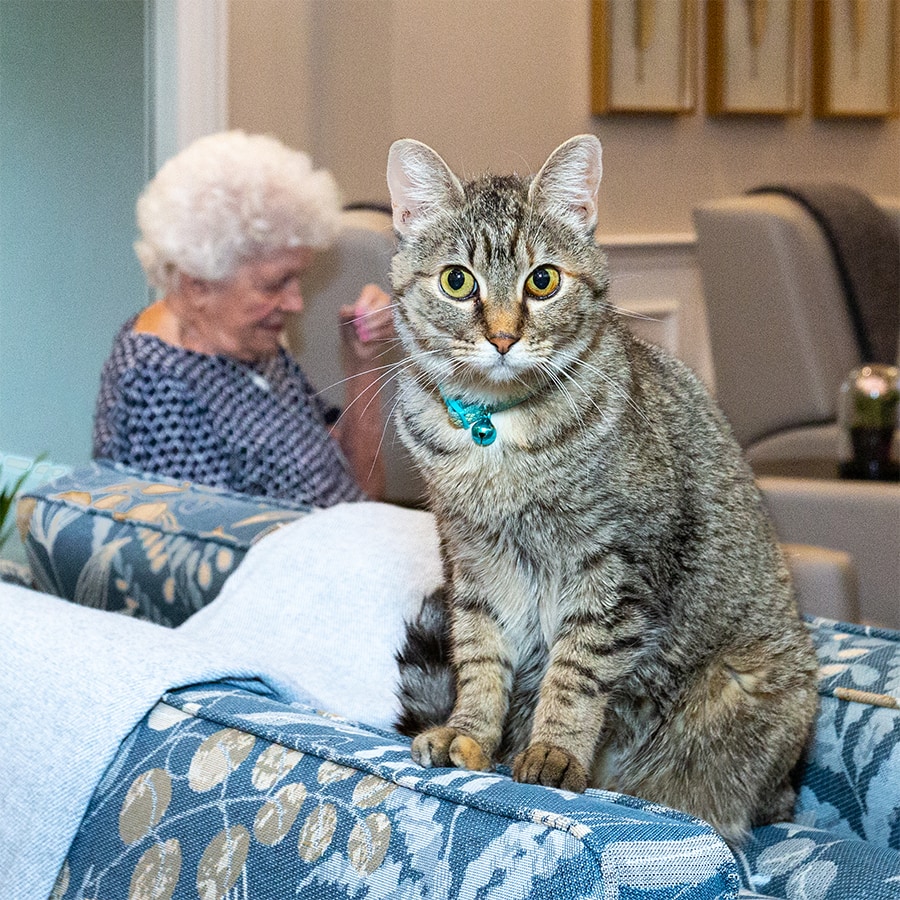Dementia is not a normal part of the aging process. Problems caused by dementia can directly, and sometimes severely, interfere with a person’s ability to perform everyday activities. In comparison, typical age-related changes in thinking are subtle and generally affect speed and attention. As we get older, it’s normal for our brains to struggle more to stay on task, to think quickly.
What Is Dementia?
The terms “dementia” and “Alzheimer’s” are sometimes used interchangeably. However, these two conditions aren’t the same. Alzheimer’s is a type of dementia. Dementia is a broader term for conditions with symptoms relating to memory loss, such as forgetfulness and confusion. Dementia also includes more specific conditions, such as Alzheimer’s disease, Vascular, Lewy body, Parkinson’s disease, Frontotemporal, Creutzfeldt-Jakob disease, traumatic brain injury, and others, which can cause these symptoms.
What Are the Cognitive Signs of Normal Aging?
As adults age, certain parts of the brain can shrink, particularly those related to cognitive function. Part of the challenge in determining whether a sign of aging is normal or abnormal is that the definition of “normal” is fluid. Cognitive changes can be subtle and often vary by individual. Some aging adults may experience some occasional short-term memory loss. They may have difficulty concentrating or paying attention from time to time. What’s normal for one person may not be normal for another, adding to the challenge of pinpointing when signs of normal aging begin to hint at more worrying signs of cognitive decline.
Tips for coping with normal age-related memory difficulties:
- Keep a routine
- Organize information (keep details in a calendar or day planner)
- Put items in the same spot (always put your keys in the same place by the door)
- Repeat information (repeat names when you meet people)
- Run through the alphabet in your head to help you remember a word
- Make associations (relate new information to things you already know)
- Involve your senses (if you are a visual learner, visualize an item)
- Teach others or tell them stories
- Get a full night’s sleep
How do signs of dementia compare?
| Normal Aging | Dementia |
| Not being able to remember details of a conversation or event that took place a year ago | Not being able to recall details of recent events or conversations |
| Not being able to remember the name of an acquaintance | Not recognizing or knowing the names of family members |
| Forgetting things and events occasionally | Forgetting things or events more frequently |
| Occasional difficulty finding words | Frequent pauses and substitutions when finding words |
| You are worried about your memory but your relatives are not | Your relatives are worried about your memory, but you are not aware of any problems |
When to Talk to a Doctor
No matter what age, consulting with a physician if you suspect cognitive decline is a good step. Your doctor can gain a better understanding of the symptoms and potentially rule out other possible causes of thinking difficulties, such as not taking medication as prescribed, abnormal thyroid function or vitamin deficiencies.
Three types of physicians who specialize in the diagnosis and treatment of dementia include:
Geriatrician: An interest or family practitioner who specializes in the care of older adults.
Geriatric psychiatrist: A doctor who specializes in the emotional and mental needs of older adults.
Neurologist: A doctor who specializes in disorders of the brain and nervous system.
It’s important to know when to see your doctor about memory concerns, but it’s equally important to know that forgetting someone’s name doesn’t necessarily mean that you have dementia. Because the aging process is so unique to each individual, consider specific concerns with your physician.
The staff at Teresa’s House is here to help. We can provide information and answer questions to help your family make an informed decision regarding senior living options. Contact us at 469-998.7952.
Disclaimer: The statements on this blog are not intended to diagnose, treat, cure or prevent any disease. The author does not in any way guarantee or warrant the accuracy, completeness, or usefulness of any message and will not be held responsible for the content of any message. Always consult your personal physician for specific medical advice.
